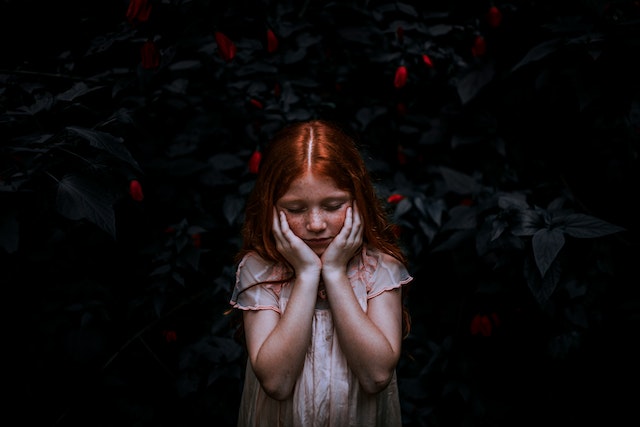
28 Aug Generalised Anxiety in Children and Adolescents
Do you notice your little one worrying? Is your child anxious about returning to school? Do they have difficulties sleeping at night, worrying about friendships, concerns about school work? Do they worry about their future or the future of the world? Are they annoyed at the past, things they said or did? Do they complain of physical symptoms? If so, your young person may have anxiety.
Children and teens worry about many things, it is a normal part of growing up to question ourselves, our future and the world around us. But sometimes worries and fears do not go away. They begin to interfere with daily life. When a young person spends a lot of time worried about many different things, generalized anxiety disorder may be present.
Generalised Anxiety Disorder affects approximately 1% of children and 3% of adolescents. Experts believe that GAD is caused by both biological and environmental factors. This means that genes and hormones in the body may play a role, they may be exposed to triggers or they may be observing the way that others manage anxiety.
The anxieties and worries of a child or adolescent often concern the quality of the performance or competence at school or in sporting events, concerns about punctuality, worry about catastrophic events or difficulties in relationships. They be very concerned about their body image and display self-doubt and low self-esteem. Children may appear overly conformist, perfectionistic and unsure of themselves.
Children and Adolescents with generalised anxiety disorder are often likely to report restlessness, fatigue, irritability, difficulty in concentrating or their mind going blank. They are also more likely than adults to report physical symptoms such as pain, stomach aches, nausea, muscle tension and have disturbed sleep.
Intervention for young people can take many pathways
- Individual therapy for the young person
- Parenting skills and strategies
- Medication
- School Input
Individual therapy aims to help your child or adolescent develop an understanding of their worries and anxieties. It will help them to develop mental, behavioural and emotional skills to manage. Examples of skills and strategies will include emotion regulation and distress tolerance, reality testing and thought challenging, problem solving and support.
Parent training or intervention aims to provide parents with information about anxiety and ways that they can help with the therapy process. As a parent, you are the one most often around your young person and therefore the one best suited to assist with skills. Parent training will help you to understand your young persons anxiety and the triggers, it will also assist in learning the skills to help your young person break free from their anxiety. Skills that may be included in parent training include preventing avoidance, co-regulation for emotion management, communication skills and management of your own anxieties.
It is always recommended that during intervention for a child or adolescent, the young person’s school is involved in this process. They have the ability to monitor triggers, signs and symptoms at school and implement plans to make the school day easier.
If you feel that a child or adolescent in your life may be experiencing generalized anxiety, a psychologist is ready and prepared to help. We can help your young person or yourself learn the skills to flourish and thrive. Contact us at Prosper Health Collective and we can organise the best fit psychologist for your child or adolescent to see.
